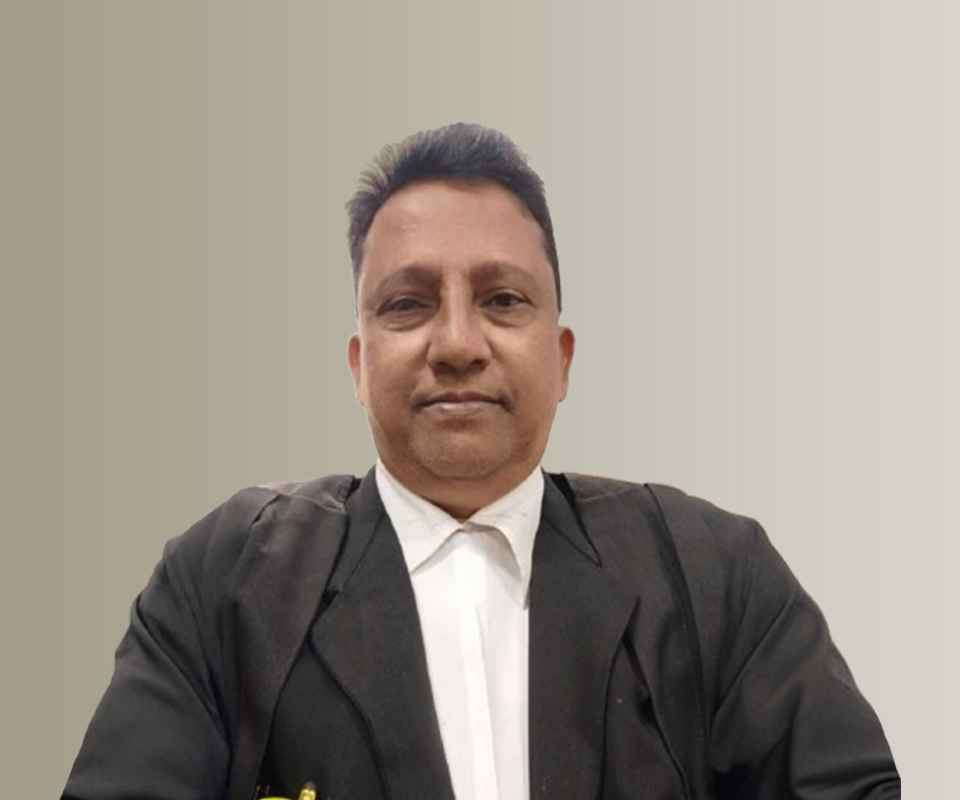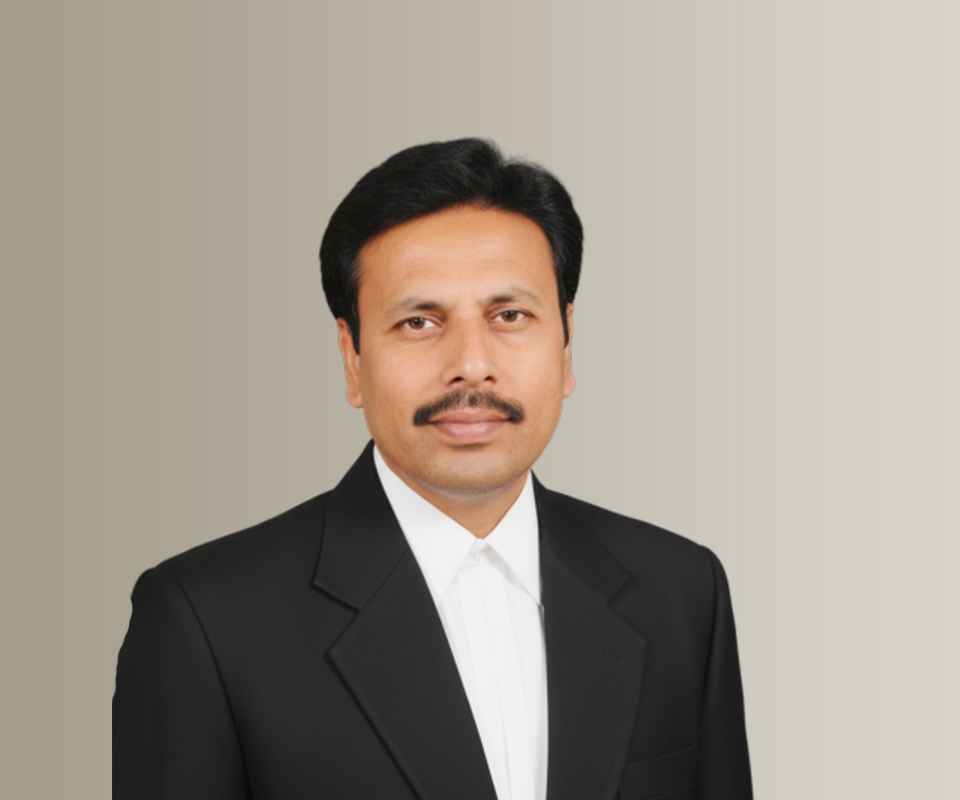Answer By law4u team
With growing use of technology in workplaces, companies often monitor employees’ devices to protect business interests, prevent data leaks, and ensure productivity. However, such monitoring raises legal and ethical questions around employee privacy, consent, and data protection.
When Can Companies Legally Monitor Employees’ Devices?
Consent and Company Policies
Employers generally must inform employees about monitoring practices via clear policies and obtain consent, either explicitly or implicitly by usage agreement.
Business-Related Devices
Monitoring is more legally justifiable on company-owned devices used for work purposes rather than personal devices.
Compliance With Laws
Surveillance must comply with applicable laws such as GDPR in Europe, CCPA in California, or IT Act and rules in India that regulate data protection and privacy.
Protection Against Data Breaches and Intellectual Property Theft
Monitoring can be legal if aimed at preventing unauthorized data access, leaks, or theft of company intellectual property.
Security Threat Detection
Monitoring network traffic and device usage to detect malware, phishing, or unauthorized access is generally accepted.
Limits And Ethical Guidelines
Respecting Personal Privacy
Employers should avoid invasive monitoring of employees’ personal communications or activities unrelated to work.
Data Minimization
Collect only data necessary for legitimate business purposes.
Transparency
Regular communication about monitoring scope and methods builds trust and reduces legal risks.
Data Security
Collected data must be securely stored and accessed only by authorized personnel.
Common Legal Risks For Employers
Privacy Violation Claims
Employees may sue if monitoring is excessive or done without consent.
Non-Compliance Fines
Regulators can impose penalties for violating data protection laws.
Reputational Damage
Unethical spying can harm employer brand and employee morale.
Legal Protections And Employee Rights
Right To Be Informed
Employees have the right to know what data is collected and how it is used.
Right To Consent
Consent should be obtained where required by law before monitoring begins.
Data Access and Correction
Employees can request access to their data and correction of inaccuracies.
Whistleblower Protections
Employees reporting unethical monitoring practices have protections against retaliation.
Consumer Safety Tips For Employees
- Review company IT and privacy policies carefully.
- Use company devices only for work-related tasks.
- Avoid storing personal information on work devices.
- Report any suspicious monitoring or privacy violations to HR or legal advisors.
- Use encrypted communication tools if allowed.
Example
A company installs monitoring software on company laptops to track internet usage and detect unauthorized downloads.
Steps taken:
- The company informs all employees about the monitoring policy during onboarding.
- Consent is obtained through signed agreements.
- Monitoring is restricted to work-related activities, excluding personal emails or chats.
- Data collected is stored securely and accessed only by the security team.
- Employees can request details about the monitoring and raise concerns.
This approach ensures legal compliance while respecting employee privacy.







